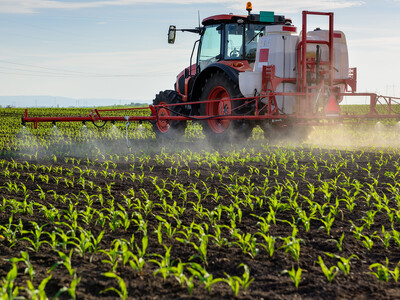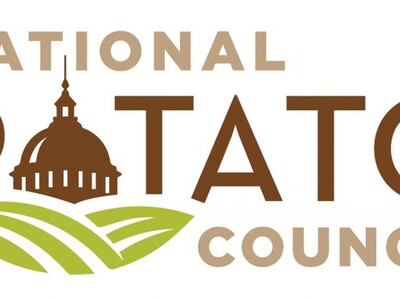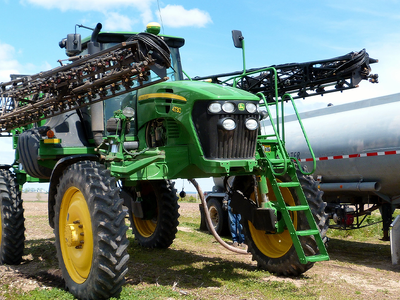Railway Supply Chain Issues Impact Agriculture
Railways are a vital piece of the supply chain and are usually a cost-effective and reliable way to get agricultural goods to their destination. However, supply chain issues have led to an increase in unfilled rail car orders and the costs of railway shipping, according to American Farm Bureau Federation Economist Danny Munch.“Unfilled orders refer to the number of rail cars a buyer like a grain elevator ordered but did not receive. When a service contract between a shipper and a railway is not filled, shippers might look elsewhere to purchase railcar access. That often occurs in the secondary rail car market where shippers bid against other shippers for their contracts. Because there are so many unfilled orders, the demand in the secondary market has jumped up quite a bit.”
“Many of the issues we've been hearing about in trucking and ocean freight also contribute to these rail service disruptions. There's a significant shortage in rail crew labor, which is expected to be the largest contributor. During COVID-19, railways also sold off a lot of rail cars and other assets during that time of heavy uncertainty. So, now they're facing railcar inventory shortages, and then more broadly, you're seeing lockdowns across ports in China in response to their COVID issues tying up a huge portion of containers that could be used intermodally in our own domestic rail networks.”

















